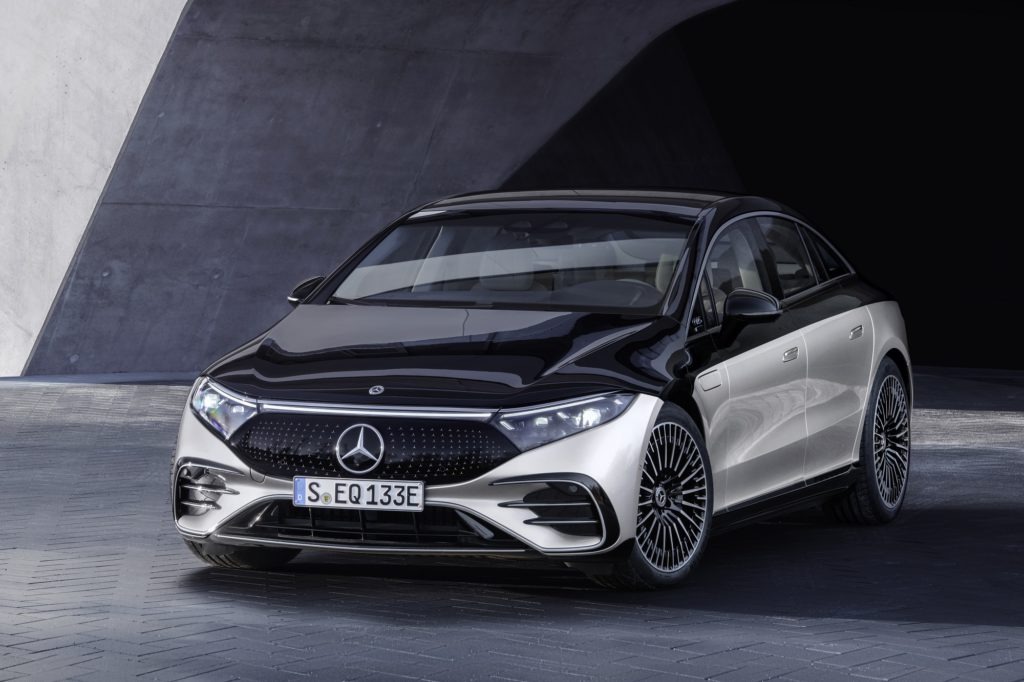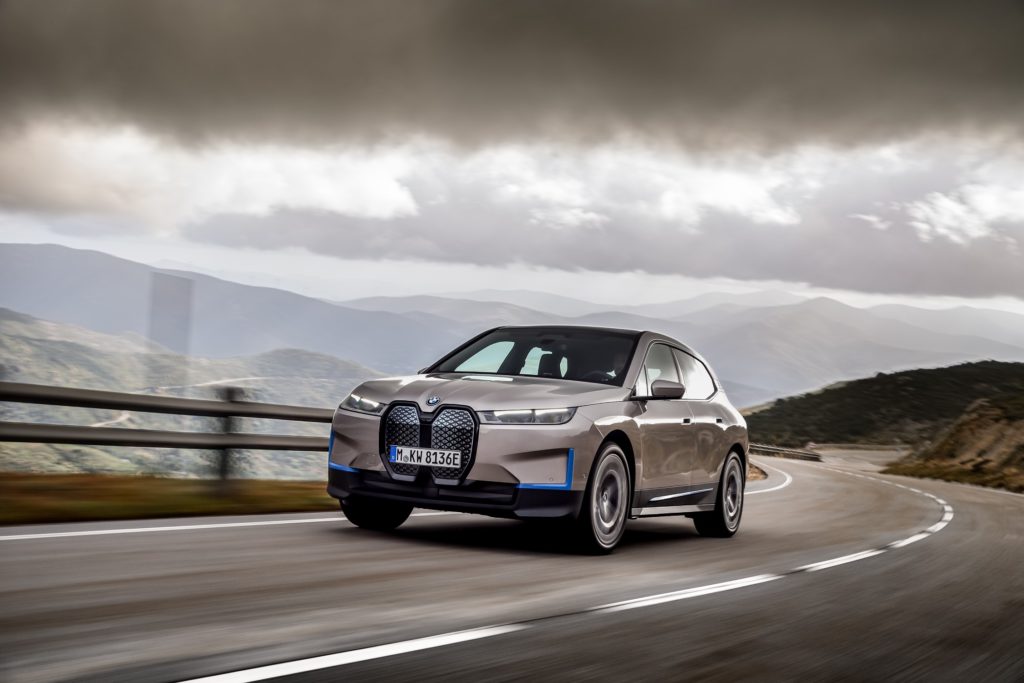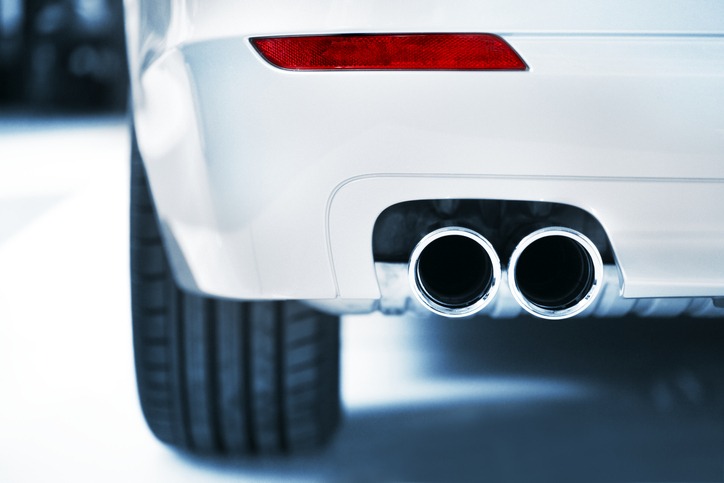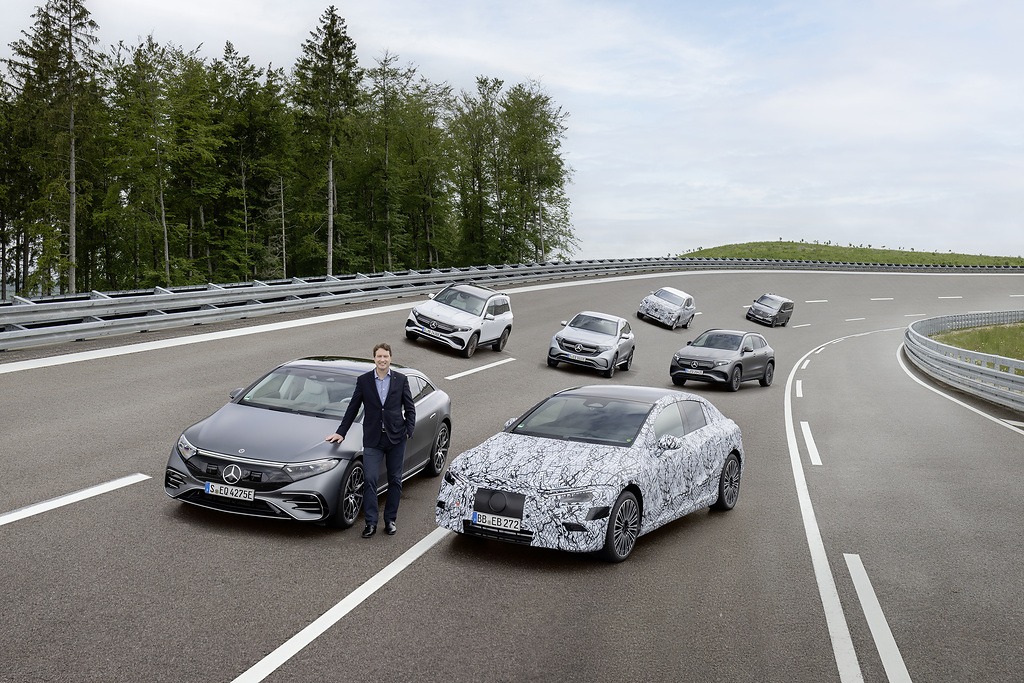Environmentalists sue BMW and Mercedes-Benz over carbon emissions
22 September 2021
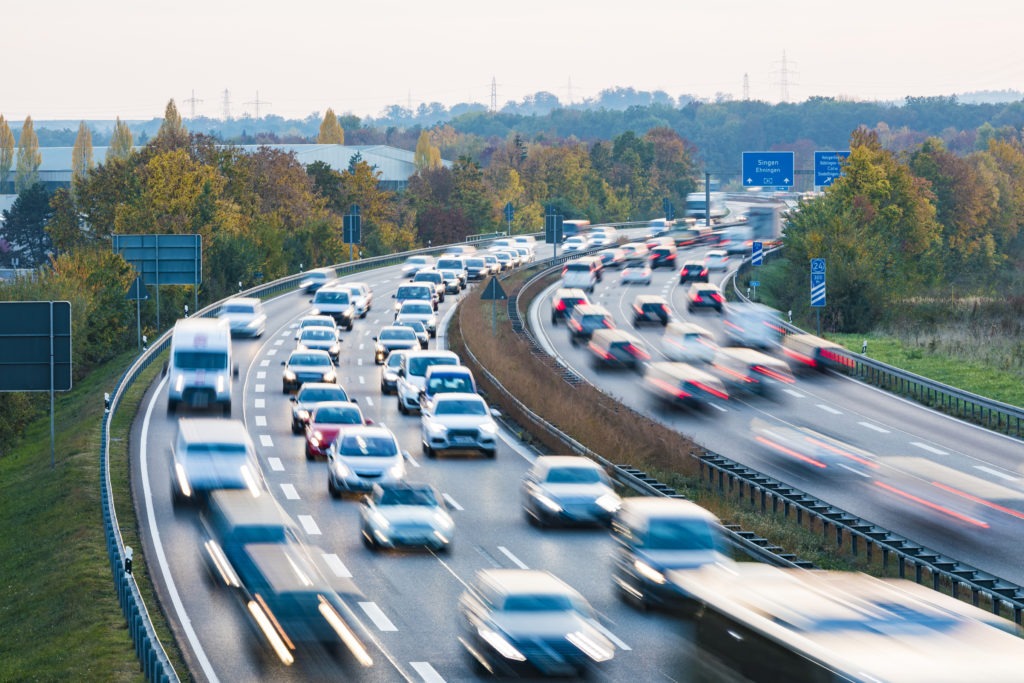
In a high-profile case that could set a legal precedent, German environmentalists have filed a lawsuit against BMW and Mercedes-Benz, demanding enforcement of tighter carbon-emissions targets and the phase-out of internal-combustion engines (ICE) by 2030.
A non-governmental organisation (NGO), Deutsche Umwelthilfe (DUH), argues the German carmakers are violating the ‘fundamental right to climate protection’. The NGO wants to put an end to diesel and petrol cars from 2030. By challenging companies directly and looking to hold them responsible for exacerbating climate change, DUH is breaking new ground.
Landmark case
The case has garnered attention from across the globe and echoes a landmark ruling earlier this year when a Dutch court ordered oil giant Shell to cut carbon emissions by 45% by 2030. It was the first time a company was legally bound to align its policies with the Paris climate accords.
DUH is hoping for similar results, issuing a damning statement. The organisation said global corporations such as BMW and Mercedes-Benz should not be allowed to evade their social responsibility when it comes to climate change.
‘We have a fundamental right to climate protection. And it is not only the state that has to respect this fundamental right, it must also be observed by large corporations, which are responsible for emitting more CO2 than entire industrialised countries. We are now demanding that in court,’ said Remo Klinger, who is representing DUH in the lawsuit.
The road to decarbonisation
Daimler, Mercedes-Benz’s parent company, said it was committed to decarbonisation. The manufacturer met its emissions targets in 2020, while BMW beat them by reducing its new-vehicle fleet emissions 22% compared to 2019 levels. Electrifying cars has been a key focus for both carmakers to make carbon neutrality happen.
‘We have long since made a clear declaration for changing lanes to climate neutrality. It is our aim to become fully-electric by the end of the decade, wherever market conditions allow,’ Daimler stated in an emailed response to Autovista24.
‘By 2022, Mercedes-Benz will offer battery-electric vehicles (BEVs) in all segments in which the brand is represented. From 2025, all new vehicle architectures will be exclusively electric, and customers will have a fully-electric alternative to choose from for each model,’ the company added.
BMW has also vowed to produce more climate-friendly cars as sustainability has become part of the company’s business imperative. When contacted by Autovista24, BMW said it considered the claims by DUH to be ‘unfounded’.
Broad repercussions
It is not only BMW and Mercedes-Benz that environmentalists have targeted. Greenpeace is in the middle of preparing legal proceedings against Volkswagen (VW), saying the company is fuelling the climate crisis. The activists also want VW to stop producing ICE and cut its carbon footprint by 65% by 2030.
The lawsuit against BMW and Mercedes-Benz could have broad repercussions. Germany’s district courts will now decide how to handle the case. While it could take years for a ruling to be issued, a victory for DUH could cause a ripple effect, paving the way for activists to sue any company over their involvement in climate change.
